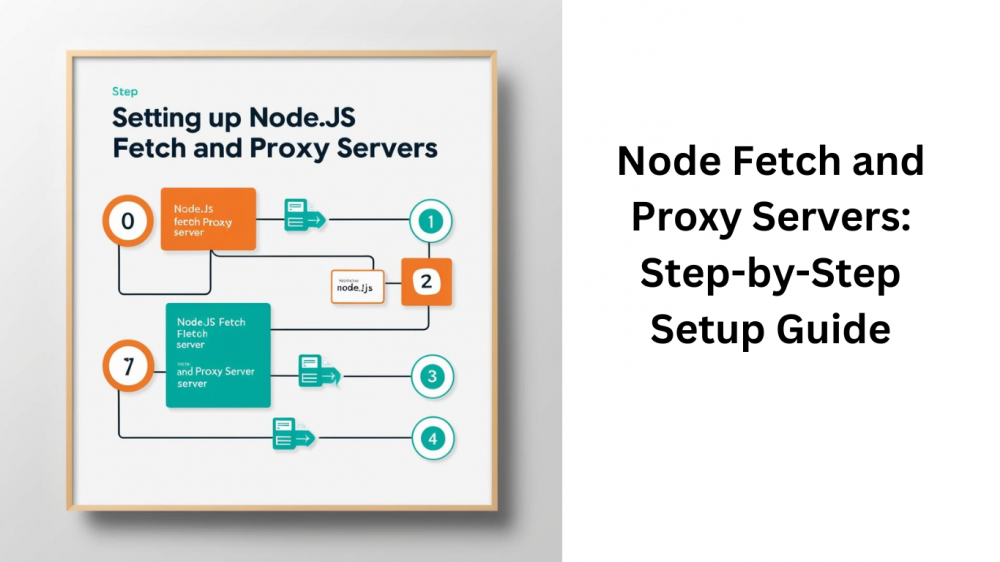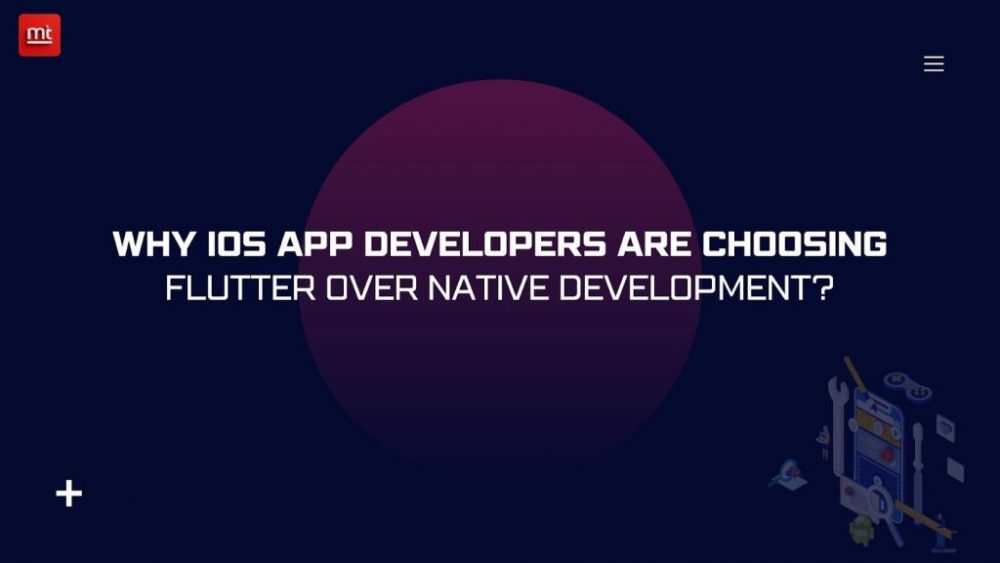
Think of a proxy server like a trusted captain, who navigates you through restricted waters or hides your identity from the view of others. If you’re a developer working with Node.js, knowing how to set up and use proxies with Node Fetch can be a lifesaver.
You find yourself in need of proxies for circumventing regional blocks, distributing loads, or masking sensitive data. Node Fetch is a very light-weight HTTP request library that just happens to be the easiest thing in the world when dealing with proxies on top of server. From scraping restricted region APIs or fetching resources through API gates, Node Fetch might turn out to be your friend.
Node Fetch can be thought of like your postman, sending out requests to a server, bringing back responses. It defaults into working directly with the internet, but when paired up with a proxy, it routes that request through the proxy server which adds in some anonymity and some control over that.
Here’s the way it works:
Node Fetch: A simple API based on the Fetch standard, designed for making HTTP requests in Node.js.
Proxy: A middleman that forward your requests, hiding your IP or enabling access to restricted resources.
These two can be merged to make your applications versatile and robust.
How To Set Up a Proxy in Node Fetch?
Time to get dirty? Let’s set up a proxy with Node Fetch step by step below.
Step 1: Install the Required Packages
Before doing anything, make sure you have Node.js installed. Now add the following modules:
npm install node-fetch https-proxy-agent
The node-fetch package is your HTTP client, and https-proxy-agent helps route requests through a proxy.
Step 2: Set Up the Proxy
Choose a proxy server. For development, you might be okay with free proxies. If you need more reliability, you might be willing to pay for the privilege. If you’re using a proxy whose URL is http://your-proxy-server.com:8080,
Step 3: Code
Here’s a sample script to configure Node Fetch with a proxy:
const fetch = require(‘node-fetch’);
const HttpsProxyAgent = require(‘https-proxy-agent’);
const proxyUrl = ‘http://your-proxy-server.com:8080’;
const agent = new HttpsProxyAgent(proxyUrl);
(async () => {
const url = ‘https://api.example.com/data’;
const response = await fetch(url, { agent });
const data = await response.json();
console.log(data);
})();
This script sets up a proxy agent and uses it with Node Fetch to route requests through the specified proxy.
What Are the Benefits of Using Proxies with Node Fetch?
Improved Security and Privacy
Proxies cover your IP address, lowering the possibility of an attack or being tracked. It’s especially handy when you have to work with sensitive information or web scraping.
Avoiding Geographical Blocks
Want to access resources accessible only from a specific region? Use a proxy to pretend you’re somewhere else in the world and unblock access to resources.
What Obstacles Would You Encounter, and How Can You Overcome Them?
Proxy Authentication Issues
Many proxies require authentication. To accommodate this, include your username and password in the proxy URL as follows:
const proxyUrl = ‘http://username:[email protected]:8080’;
Connection Timeouts
Slow proxies cause the request to timeout. Select a good proxy provider. Use request retries to work around this problem elegantly.
Are You Ready to Supercharge Your Node Fetch?
With the right setup, Node Fetch and proxy servers can be a powerful tool in your development arsenal. Be it building scalable applications, scraping data, or securing sensitive operations, understanding this combination is invaluable.
Take a moment to think: How might using proxies enhance your current projects? Dive in and experiment with the setup above you’ll likely discover new efficiencies and possibilities.






